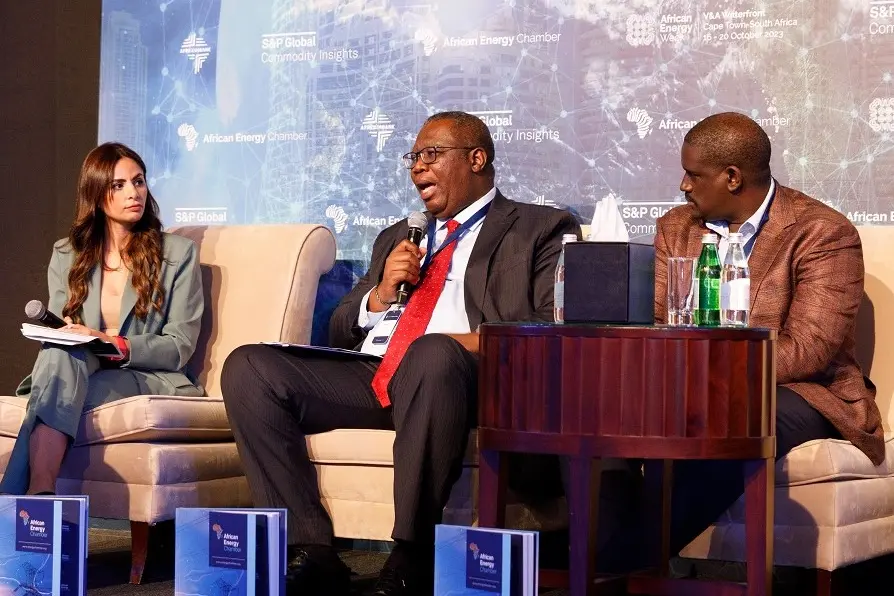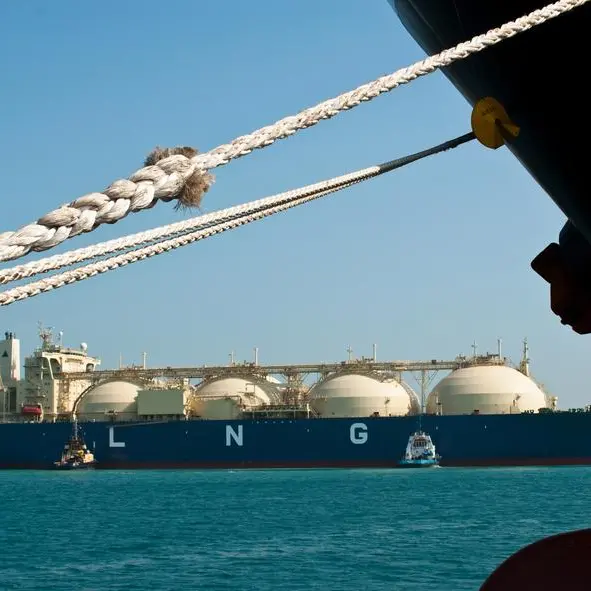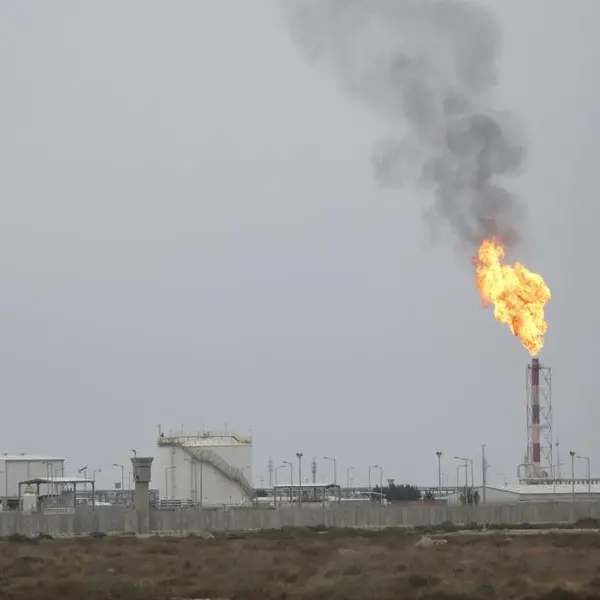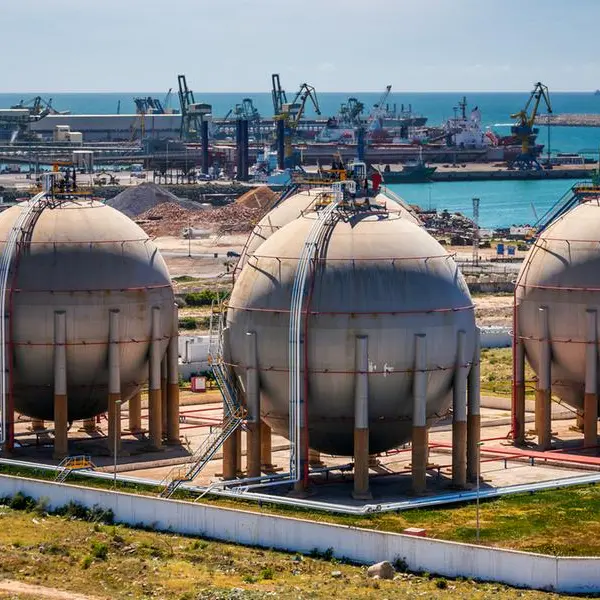PHOTO
Following successful stops in London, Oslo and Frankfurt earlier this year, the African Energy Chamber’s global investment event landed in Dubai on Thursday.
Takeaways from the presentations and panel discussions held include:
- Exploration hotspots have cropped up across southern, eastern and western regions with sizable hydrocarbon discoveries reported for offshore Angola, Ivory Coast and Namibia in 2022.
- At least 26 drilling campaigns and rigs are expected in Africa in 2023, cementing the continent’s upstream revival. Southern Africa alone will see additional exploration activities in Zimbabwe’s Muzarabani prospect from Invictus Energy, drilling in offshore Block 2B in South Africa by Eco (Atlantic) Oil & Gas, and frontier exploration in Namibia’s Kavango Basin led by ReconAfrica.
- Mature producers like Angola, Nigeria and South Sudan are expected to dominate Africa’s offshore drilling market, while prioritising shorter-cycle development projects that utilize existing infrastructure and create synergies with regional markets. Shorter-cycle projects can bring a discovery into production in as little as one to three years, as well as offer lower risk, higher potential for commercial production and heightened flexibility within exploration portfolios.
- With 85 percent of funds invested in oil and gas come from outside of Africa, there is a clear perception that African governments are not putting their money into Africa. “We need investment, yet external investment is slowing down to ESG requirements and the energy transition,” said O. A. Danquah, CEO of Ghana National Petroleum Corporation.
- African governments must play their part in creating attractive programmes for exploration and production and establishing mechanisms for raising capital. One key to attracting exploration capital will be re-evaluating the terms and conditions of E&P contracts and other fiscal and regulatory amendments.
- With COVID-19, crude oil price volatility and the energy transition triggering reduced investor appetite, heightened transparency has become critical to sustaining foreign direct investment flows and mitigating perceived risk. Recent efforts by several African countries to join the Extractive Industries Transparency Initiative (EITI) – a global standard for the responsible governance of oil, gas and mineral resources – have demonstrated a continent-wide desire to improve transparency.
- Another means of countering perceived risk is the establishment of public-private partnerships, whereby private sector companies and financiers can better acquire local knowledge and foster relationships on the ground to mitigate unknown, above-ground variables.
- Increasing the capacity of local financial sectors would also help offset the impact of perceived project development risks by lending local regulatory expertise, along with local currency financing solutions for offtake agreements.
(Writing by SA Kader; Editing by Anoop Menon)





















